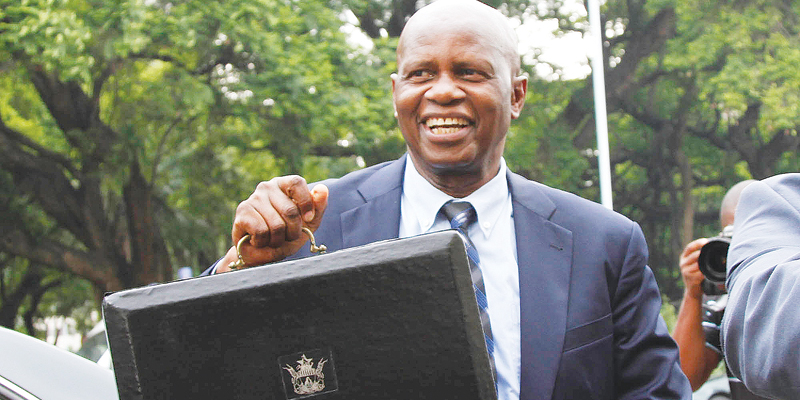
The Women’s Trust, has called on the government to implement a gender-responsive budget, which will ensure that national resources are allocated in a manner that closes social and gender gaps.
By Phyllis Mbanje
The organisation said gender-responsive budgeting will increase women’s life chances and reduce poverty among the poor.
“It is a good governance policy tool that can be used to effectively assess the performance of government departments in meeting the gender needs and entitlements of its population,” Women’s Trust official, Egnes Nhengo said.
Zimbabwe is not adequately addressing the differential lived experiences and realities of women, men, girls and boys in its resource allocation thrust.

“Patriarchal traditions place men at the head of the family and gender relations have played a significant role in shaping and maintaining many of the constraints women face,” Nhengo said.
Speaking at a journalists’ round table meeting in Harare yesterday, she said socially-defined gender norms, perceptions and power dynamics were constraining the development of women.
- Chamisa under fire over US$120K donation
- Mavhunga puts DeMbare into Chibuku quarterfinals
- Pension funds bet on Cabora Bassa oilfields
- Councils defy govt fire tender directive
Keep Reading
“Women comprise 52% of the country’s population and the country cannot afford to ignore women or deny them the right to meaningful participation,” Nhengo said.
In 2011, 72,3% of all Zimbabweans were considered poor, while 62,6% of the households in the country are deemed poor.
Poverty was more prevalent in rural areas compared to urban areas, with 765 of the rural households considered poor to 38,2% of urban households.
Barbra Ncube, a programmes officer with Women’s Trust, said women’s right to economic participation was still being treated as a favour from men, “as if every woman is the policymaker’s wife”.











